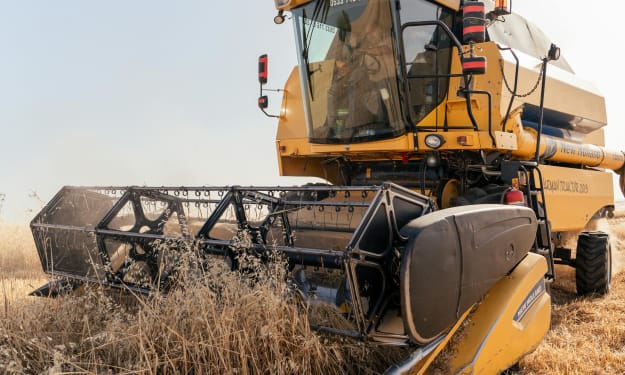Smart Cities of Tomorrow: How IoT is Enhancing Urban Living.
Discover the transformative impact of IoT technology on urban living and the future of smart cities.

The Evolution of Smart Cities
Smart cities have evolved significantly over the years, driven by advancements in technology. The concept of smart cities emerged as a response to the challenges faced by growing urban populations, such as traffic congestion, pollution, and inefficient resource management. Initially, the focus was on using technology to improve infrastructure and services, but with the rise of the Internet of Things (IoT), the potential for transforming urban living has grown exponentially.
The early stages of smart cities involved the use of sensors and data collection to monitor and optimize various aspects of urban life. For example, smart traffic management systems were implemented to reduce congestion and improve transportation efficiency. As technology advanced, so did the capabilities of smart cities. Today, IoT plays a crucial role in enhancing urban living by enabling seamless connectivity and data-driven decision-making.
IoT Infrastructure in Urban Environments
IoT infrastructure forms the backbone of smart cities, enabling the interconnectedness of devices and systems. In urban environments, IoT sensors and devices are deployed throughout the city to collect data and monitor various parameters. These sensors can be found in streetlights, waste management systems, parking lots, and even public transportation.
The data collected by these sensors is transmitted to a central system where it is analyzed and used to make informed decisions. For example, in a smart waste management system, sensors in trash bins can detect the fill level and notify waste management authorities when a bin needs to be emptied. This data-driven approach not only improves the efficiency of waste management but also reduces costs and environmental impact.
Enhancing Public Services with IoT
IoT has the potential to revolutionize public services in smart cities. With the help of connected devices and real-time data, public services can be optimized to meet the needs of urban residents more effectively. For instance, smart streetlights equipped with motion sensors can automatically adjust their brightness based on the presence of pedestrians or vehicles. This not only saves energy but also enhances safety by providing adequate lighting where needed.
Another example is the use of IoT in public transportation. Smart buses or trains equipped with sensors can gather data on passenger occupancy, route efficiency, and maintenance needs. This data can then be used to optimize routes, improve scheduling, and ensure a better overall experience for commuters. IoT-enabled public services have the potential to make cities more livable and efficient.
IoT's Role in Sustainable Urban Development
Sustainable urban development is a crucial aspect of smart cities, and IoT plays a significant role in achieving this goal. By collecting and analyzing data on energy consumption, waste management, and resource utilization, IoT enables cities to make informed decisions that promote sustainability.
For instance, IoT sensors can monitor energy usage in buildings and automatically adjust temperature and lighting settings to optimize energy efficiency. Smart grids powered by IoT technology can balance energy supply and demand, reducing wastage and reliance on fossil fuels. Additionally, IoT-enabled waste management systems can track and optimize waste collection routes, minimizing fuel consumption and carbon emissions.
IoT's ability to gather real-time data and provide actionable insights is instrumental in creating sustainable urban environments that prioritize resource efficiency and environmental conservation.
Challenges and Opportunities for IoT in Smart Cities
While IoT offers immense potential for enhancing urban living, there are also challenges that need to be addressed. One of the major challenges is ensuring the security and privacy of the vast amount of data collected by IoT devices. As cities become increasingly interconnected, the risk of cyber attacks and data breaches also grows. Robust security measures and data protection protocols are essential to mitigate these risks.
Another challenge is the interoperability of different IoT devices and systems. For smart cities to fully leverage the benefits of IoT, seamless integration and data sharing between devices is crucial. Standardization efforts are underway to address this challenge and ensure compatibility and interoperability across various IoT platforms.
Despite these challenges, the opportunities presented by IoT in smart cities are immense. The ability to gather real-time data, optimize resource utilization, and improve the quality of public services can lead to significant improvements in urban living. With continued advancements in IoT technology and increased collaboration between stakeholders, smart cities of tomorrow have the potential to revolutionize urban living and create sustainable, connected communities
About the Creator
Enjoyed the story? Support the Creator.
Subscribe for free to receive all their stories in your feed. You could also pledge your support or give them a one-off tip, letting them know you appreciate their work.






Comments
There are no comments for this story
Be the first to respond and start the conversation.